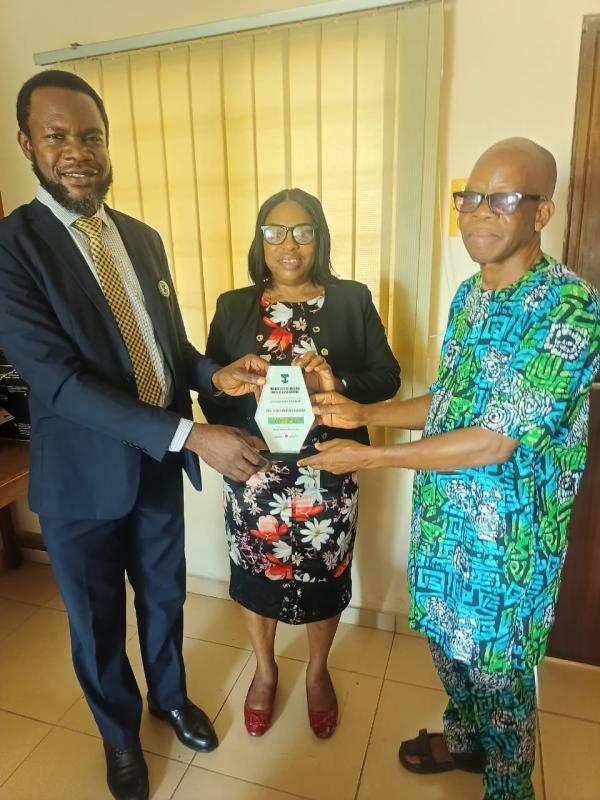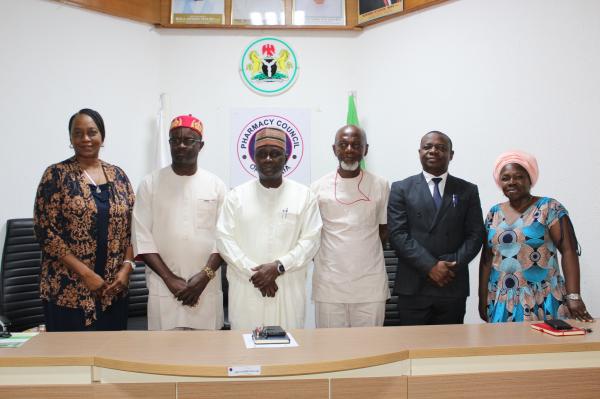
A Professor of Fisheries Ecology and Coastal Wetland Biodiversity Management, of the Faculty of Renewable Natural Resources, University of Ibadan, Ibadan, Nigeria, Professor Adetola Jenyo-Oni, has highlighted that the first step towards establishing a connection between Nigeria’s abundant wetland resources and its endowed flora and fauna (plant and animal) resources is sustainable management strategies.
“This can only be done through gathering necessary information on the optimum aquatic environmental health for fish production and fish behavioural responses to natural and human-induced environmental variables. This information, when and if available, can now be collated, unified, and possibly manipulated to favour the enhancement of our fish production capacity in the wetlands to meet Nigeria’s needs,” she explained.
Prof. Jenyo-Oni disclosed this while delivering the 547th inaugural lecture of the University of Ibadan titled “From Aquatic Splendour to Wealth Creation: Towards Sustainable Management of Nigeria’s Wetland Fisheries Resources” yesterday at the University premises.
While identifying cornerstones for the sustainable management of wetlands, she submitted that “sustainable management of wetlands depends on having in place enforceable mechanisms, in the form of a legal framework, for regulating how the wetlands are used. Ideally the legal framework should reflect both the physical characteristics of the wetlands as well as the community and society in which they are found.”
Premised on the fact that Nigeria has a large endowment of water resources which also harbour many freshwater-dependent vertebrates some of which depend on fish as their main sources of food, she revealed that Nigeria’s aquatic ecosystems are diverse and play a crucial role in the country’s biodiversity, economy, and the livelihoods of the people.
According to the university don, wetlands are characterized by the presence of water either permanently or temporarily, and they “regulate ecological processes that contribute to a healthy environment; provide various ecosystems services such as water treatment and purification, serve as buffer zones and provide an important resource for humans and animals” which make Nigeria’s wetland a very rich habitat for fisheries production.
Despite the enormity of the importance of wetlands to life, Jenyo-Oni lamented that the country is fast losing its wetlands as the rich wetlands are being seriously threatened “by several anthropogenic and biophysical factors.” She explained further that these “wetlands are disappearing at a disturbing rate as they are under pressure from population growth, pollution, drainage, dams and other water management schemes, over-exploitation of wetlands species and products, and unregulated industrial and agricultural development.”
She also noted that overfishing and depletion of fish stocks, land reclamation and uncontrolled urbanisation, pollution and habitat degradation lack of effective governance and regulation, are challenges to sustainable management; adding that indicators of the adverse effects of unsustainable management of Nigeria wetlands are coastal erosion, fish depletion and flooding.
“There is need for all stakeholders to come together to become part of an interdisciplinary team to develop and implement policies for the sustainable management of wetlands to ensure long-term stability and sustained resource availability in Nigeria’s wetlands,” the Professor concluded.






















